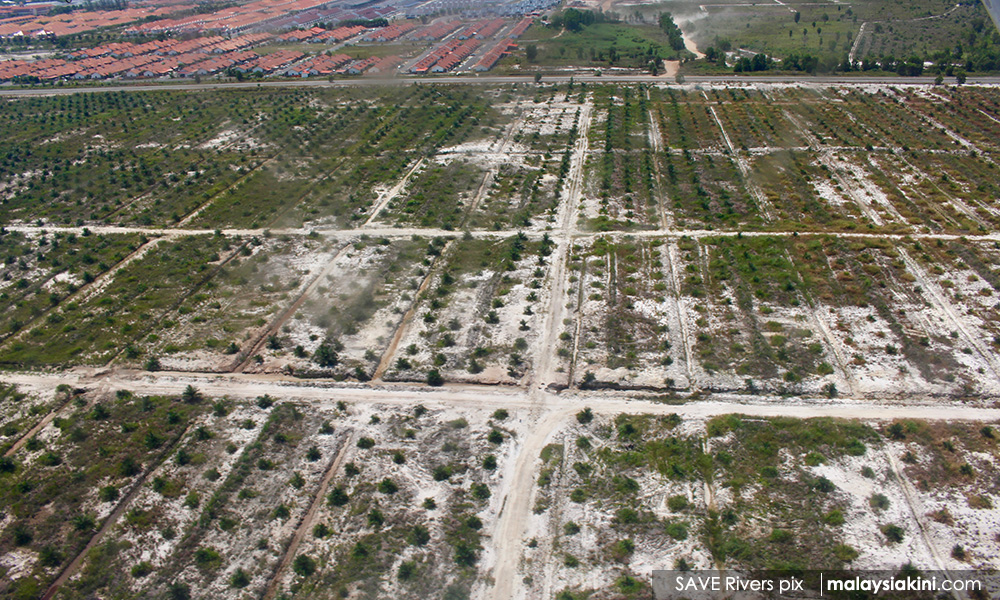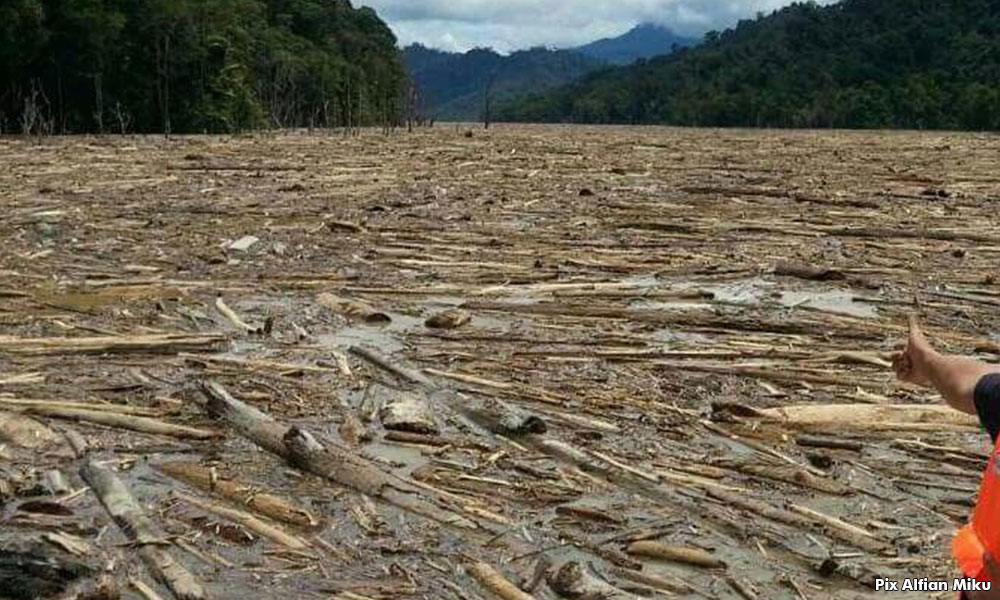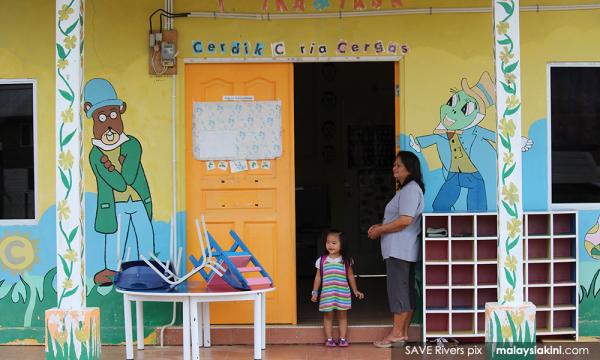COMMENT | On my first trip to Sarawak as The Borneo Project’s new communications pixie, I was ready to feast on some bubbling laksa, swim in some crystal clear waterfalls, and take some deep breaths of sweet rainforest air.
Don’t get me wrong, I did a bunch of those things, and Sarawak remains one of the most visually extraordinary places I have ever had the privilege of visiting.
However, while conducting interviews with indigenous land rights and human rights defenders, there were a few things that upset me. Something smelled fishy, and it wasn’t just the ikan bilis.
Even as someone who had read up a lot before the trip, some things surprised me, and struck me as downright unfair.
A lot more forest is gone than you think
When flying from the Kelabit Highlands to the seaside town of Miri, everyone on the tiny propeller plane was snapping pictures on their smartphones, as the sheer volume of destruction is breathtaking.
I had read that up to 80 percent of Sarawak’s primary forest has been affected by logging, oil palm plantations, mining and dams. But nothing could prepare me for how much had really gone.

One activist we interviewed, called Dr Dom, put it this way: “What is truly incredible is that this forest has been there for millions of years, since creation. It is amazing to think that we can destroy it in just 50 years.”
NCR vs NCR
It will come as a shock to no one that indigenous communities have been lied to by corporations. But they have also been lied to by government officials, having their land stolen right from under their noses.
Government-sponsored survey teams enter villages claiming to be mapping for NCR (native customary rights) land, as a perimeter survey is step one in qualifying for legal recognition of indigenous ownership over land.
Instead, the government representatives are mapping to create another kind of NCR (native communal reserve), which hands the land over to the government for a 60-year lease. Under this scheme, communities are then required to pay the government rent on their own land. The irony of an identical acronym is lost on no one.
Community representation doesn’t work
Dozens of communities have had their land signed away to timber and palm oil companies without prior informed consent. Sometimes this is done in exchange for a token payoff, often it is done without their knowledge.
The ketua kampung is technically an appointed member of the government administration, not an elected representative of the village. He or she can simultaneously approve deforestation while claiming to represent the community’s best interests.

It is a complicated and corrupt mess, and destructive industries have been feasting on Sarawak for decades as a result. Needless to say, local communities aren’t pleased.
Not farmer, no land rights
A slate of recent court cases have also tried to legitimise land-grabbing by severing indigenous ties to land in the eyes of the law. Recent decisions have declared that the forests these communities depend on for hunting and gathering are up for grabs, now belonging to the state. Only land that has been cultivated for half a century is eligible to be considered for native customary rights.
As a result of this classification, there are literally hundreds of legal claims for protection that have been filed by communities attempting to protect the forests that surround them.
The Penan, for example, were semi-nomadic hunter-gatherers and didn’t start cultivating land until the last few decades. Many Penan can still comfortably wander off into the forest for weeks on end with nothing more than a pair of flip-flops and a knife.
But since they didn’t buy some buffalo and plant durian in neat little rows fifty years ago, they are ineligible to lay claim to their land.
This is despite the fact that they have lived on and protected the forest long before Sarawak became a part of Malaysia.
With some of the worst climate-related news occupying our news feeds in 2017, these remaining pockets of carbon sequestration and of ancient rainforest biodiversity are far too important to let slip away.
Indigenous communities deserve our support in these battles to protect their land, rivers and culture.
FIONA MCALPINE is the communications manager for The Borneo Project.
The views expressed here are those of the author/contributor and do not necessarily represent the views of Malaysiakini.


